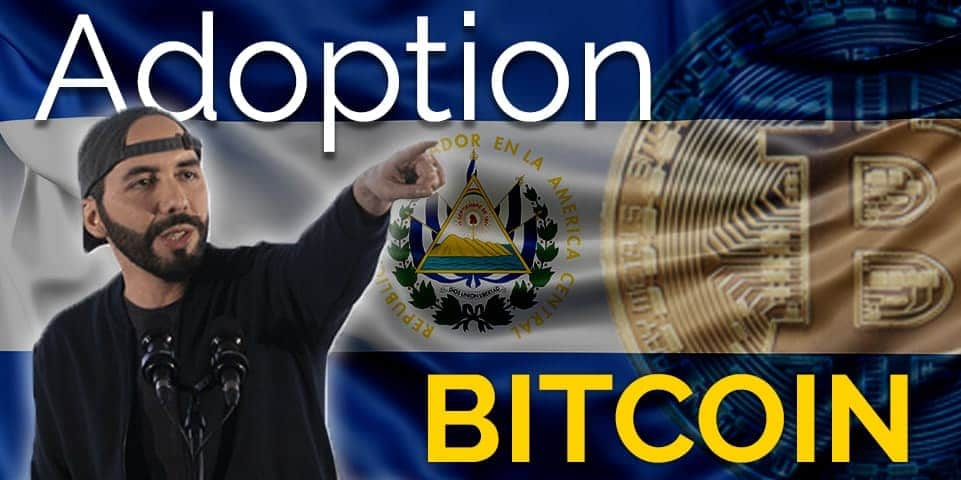Bitcoin, introduced in a whitepaper published in 2008 by an individual or group using the pseudonym Satoshi Nakamoto, revolutionized the world of finance and technology. It is widely regarded as the first decentralized digital currency and the catalyst for the subsequent development and adoption of cryptocurrencies.
Since its inception in 2009, Bitcoin has emerged as a groundbreaking technology that has captivated the world's attention. Developed by the mysterious figure known as Satoshi Nakamoto, Bitcoin introduced a decentralized peer-to-peer electronic cash system that operates on a revolutionary technology called blockchain. This innovation has not only disrupted traditional financial systems but has also paved the way for the widespread adoption of cryptocurrencies and the exploration of new possibilities for finance, technology, and beyond. In this article, we delve into the journey of Bitcoin, exploring its invention, its impact on the financial landscape, and its growing adoption on a global scale.
The invention of Bitcoin addressed long-standing challenges in traditional financial systems, such as centralized control, intermediaries, and the risk of inflation. Satoshi Nakamoto's proposal outlined a peer-to-peer electronic cash system, designed to enable secure, direct transactions without the need for intermediaries like banks.
Bitcoin's key innovation lies in its underlying technology, the blockchain. The blockchain serves as a decentralized and immutable ledger that records all Bitcoin transactions. This distributed ledger technology provides transparency, security, and resistance to fraud or tampering.
Bitcoin's adoption began with its launch in 2009, as a small community of early adopters recognized its potential. These individuals, known as "miners," used their computing power to validate and record transactions on the blockchain in exchange for newly minted Bitcoins. Over time, Bitcoin gained traction and started to attract wider attention.
One notable aspect of Bitcoin's adoption was its appeal to libertarians, technologists, and individuals interested in financial sovereignty. Bitcoin's decentralized nature and its potential to bypass traditional financial systems resonated with those seeking financial independence and an alternative to government-controlled currencies.
The acceptance of Bitcoin as a form of payment by various merchants and businesses further fueled its adoption. Companies like Overstock, Microsoft, and Expedia began integrating Bitcoin into their payment options, expanding its usability.
Bitcoin's meteoric rise in value also played a significant role in attracting attention and adoption. Its decentralized nature, limited supply, and growing demand created a speculative market, drawing investors seeking potential returns.
As Bitcoin gained prominence, it faced its share of challenges. Regulatory concerns, scalability issues, and market volatility presented hurdles for wider adoption. However, the resilience of the Bitcoin network, its growing infrastructure, and the development of solutions like the Lightning Network for faster transactions have helped address some of these challenges.
Bitcoin's invention and subsequent adoption set the stage for the broader cryptocurrency ecosystem. It inspired the development of numerous other cryptocurrencies, the exploration of blockchain technology in various industries, and the emergence of new use cases such as decentralized finance (DeFi) and non-fungible tokens (NFTs).
Today, Bitcoin continues to be a prominent and influential cryptocurrency, with a dedicated community of users, investors, and developers. Its impact on the financial landscape and its ongoing evolution serve as a testament to the transformative power of decentralized technologies.


0 Comments